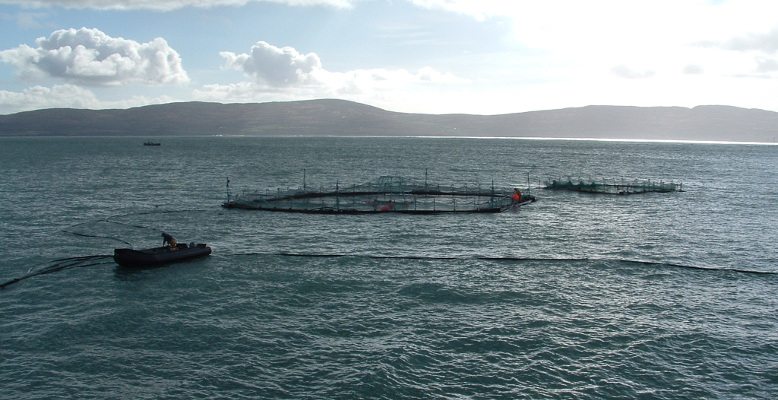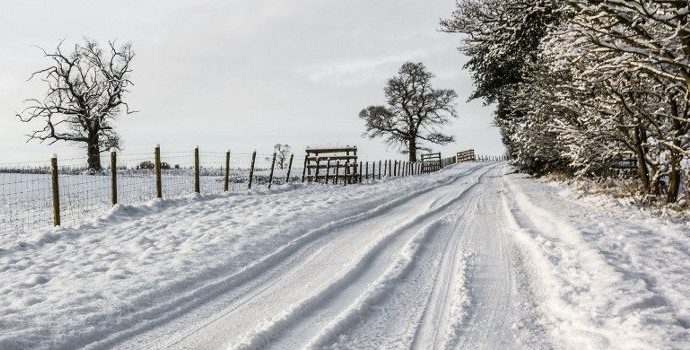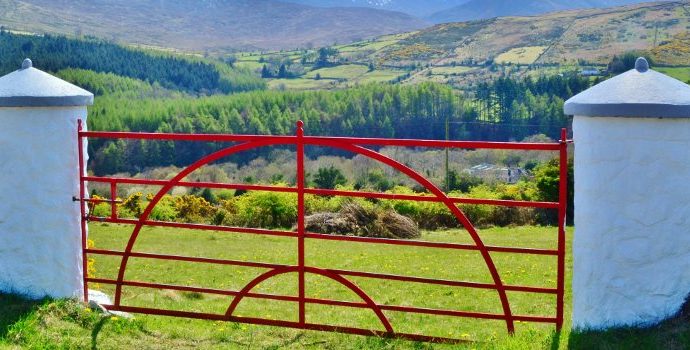IFA Welcomes Landmark Research Exonerating Fish Farms

IFA Aquaculture Executive, Richie Flynn, said that the finger of blame for wild salmon decline could no longer be pointed at the aquaculture sector following the publication this week of a vitally significant study based on nine years of research involving over 350,000 fish in eight different locations and published in a respected peer reviewed independent journal.
Mr Flynn said, “The fact that the paper confirms that sea lice “is a minor and irregular component of marine mortality in the stocks studied and is unlikely to be a significant factor influencing conservation status of salmon stocks” is hugely important in focusing attention on the real threats to wild fish.
Mr Flynn said, “The perception that fish farming his impacted on wild salmon is strong but unproven. No mortalities linked to fish farms have ever been found and the rivers with most severe proven stock problems are always those found furthest away from fish farming areas. However, vocal lobbyists have set themselves up as judge, jury and executioners to convince the public, media and politicians that the opposite is the case. Repeated attempts to attack our industry have failed due to a lack of credible science and acknowledgement that we have the best sea lice monitoring regime in the world by the Environment Directorate of the European Commission in 2012. (Closure of pilot case 764/09 on 11th Oct 2012)”
“Sustainable, well managed fish farming, as practiced in Ireland at a very modest scale is providing jobs in remote coastal areas for the fourth decade in a row. These farms are part of our community, keeping football teams, national schools, local shops and services in business as well as providing a top class product for our smokeries and export markets. Irish fish farmers want to develop steadily, grow markets and hand on a viable industry and environment to the next generation.”
“2013 will see farmed fish consumption overtake wild fish globally for the very first time in history. Our contribution to this blue revolution from the western-most part of Europe has been recognised by the FAO, EU and our own government. IFA and its members want to continue to work with the best technology, most up to date science and international and national partners to continuously improve how we farm and use the renewable resource of the sea around us.”
“Unlike recent attempts of “science” peddled in haste by those opposed to farming the seas, the latest papers can’t be accused of being biased or of leaving out vital data. They don’t ignore results to suit political agendas and are not spun or misquoted to have maximum negative media impact. It’s time to leave the battles of the past behind and move forward to create jobs and exports.”
“Energy and time must be spent on trying to understand and, if possible, do something about lessening the factors which cause 95-96% of wild juvenile salmon to die when they travel to sea to feed. Revisiting all the impacts of wild salmon deaths (including angling) on the 4-5% of those lucky enough to return to our rivers each year should be a factor in this.”
ENDS
The latest paper – the third to confirm the insignificance of sea lice is published in the international “Journal of Fish Diseases” – Impact of Lepeophtheirus salmonis infestations (Jackson et al) January 2013, Blackwell Publishing Ltd. http://onlinelibrary.wiley.com/doi/10.1111/jfd.12054/pdf




